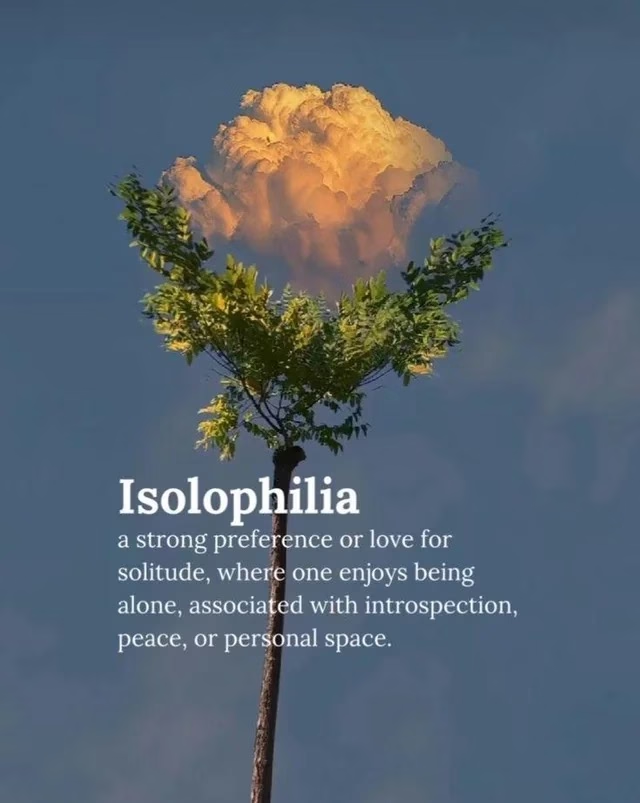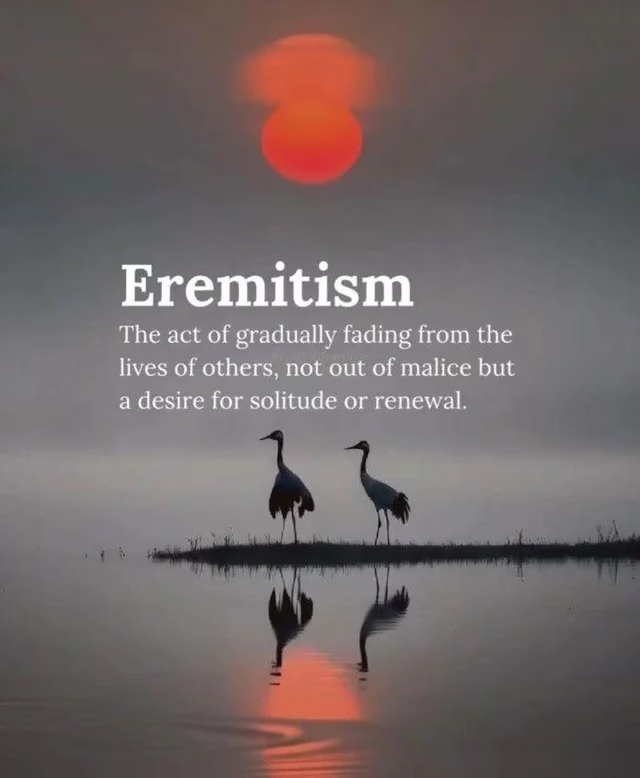…if boring makes you happy and content.
There’s a lot of pressure—spoken or unspoken—to make life look interesting. Social feeds full of perfect meals. Friends talking about their big weekends. Even when you live alone, that pressure can sneak in: shouldn’t I be doing more?
But one of the quiet joys of living solo is that you don’t have to perform for anyone. You don’t have to make your life look exciting. You just have to make it work for you.
And sometimes that means being boring.
The Freedom of “Good Enough” Meals
When I was married, we had a rule: the first one home started cooking. Later, when I worked from home, that almost always meant me.
Cooking for someone else brings a kind of unspoken obligation. You feel like you need to make proper meals—dishes with names, things that belong in a recipe book, meals that look like meals.
Now? Not so much.
Dinner for me is often the same simple routine:
Grab some frozen mince out of the freezer around lunchtime. Dinner time rolls around, and I’ll throw that into the wok. Chop a few vegetables. Add flavour boosters (spices, a dash of soy, maybe some chilli), crack in an egg or two. Ten minutes later, I’m done.
Is it thrilling? No.
Would it impress anyone? Absolutely not.
But I’m fed, I’m not hungry, and I can get back to what I want to do. That’s the whole point.
Boring Can Be Brilliant
Living alone means you get to choose what matters. Sometimes that’s a carefully plated dinner. Sometimes that’s throwing together whatever works because you’d rather spend the extra half hour reading, gaming, or writing.
There’s no audience to impress.
No one’s taste buds to please but your own.
No judgment—unless you decide to judge yourself (and why would you?).
Permission to Be Ordinary
The same applies beyond food.
You don’t need to fill every weekend with activities to feel valid.
You don’t need a constantly spotless house if a “clean enough” one feels fine.
You don’t need hobbies that sound impressive when you tell other people about them.
If something keeps you content, healthy, and calm, that’s enough.
Final Thoughts
Living solo gives you the freedom to drop the performance. To stop chasing “interesting” for its own sake.
Your life doesn’t have to look like anything. It just has to feel good to you.
So eat the boring meal. Wear the same comfy clothes two days in a row. Spend a Saturday doing nothing much.
Boring isn’t bad.
Boring is peaceful.
And peace is worth choosing.



